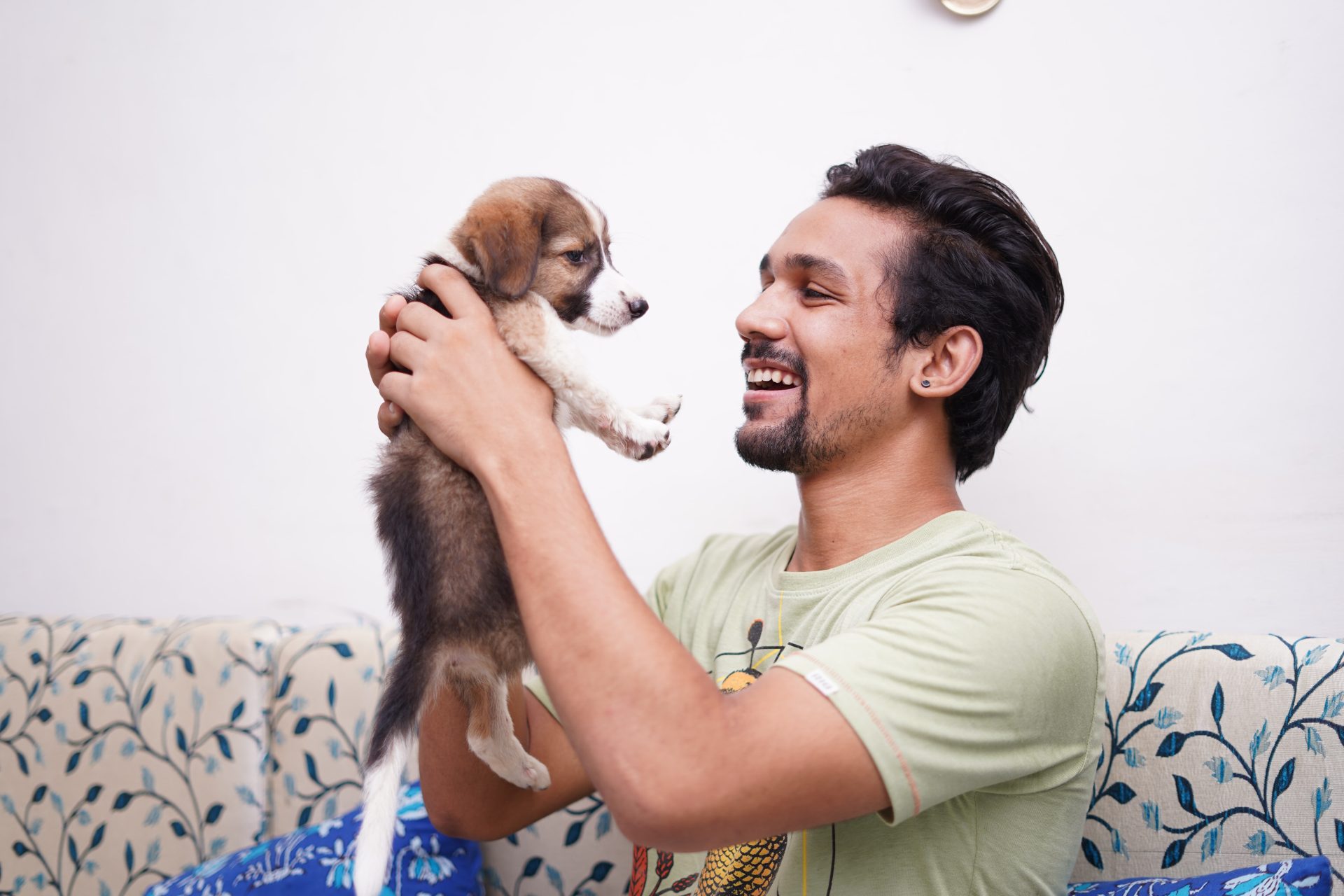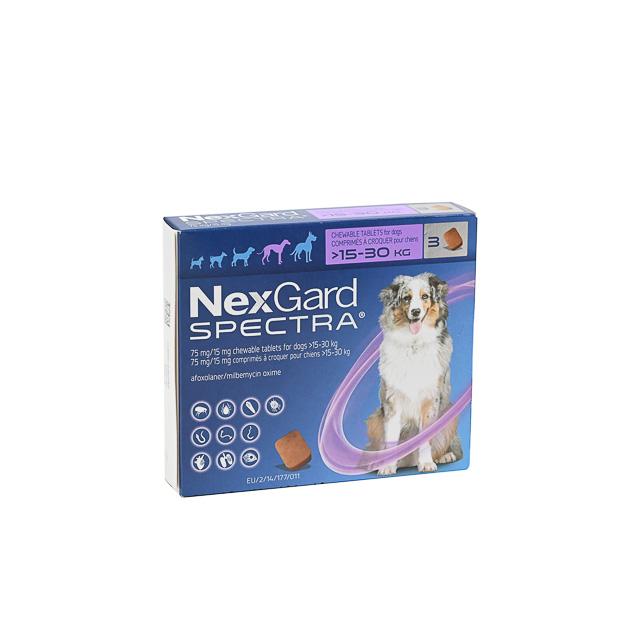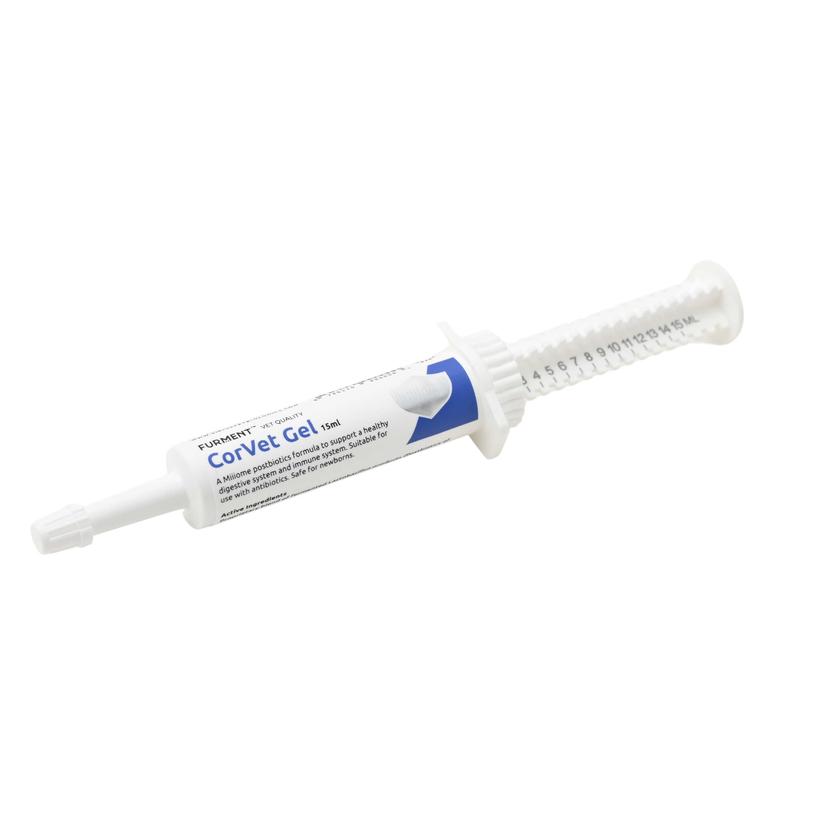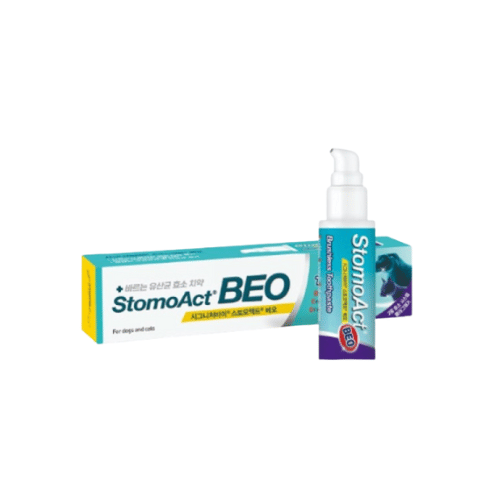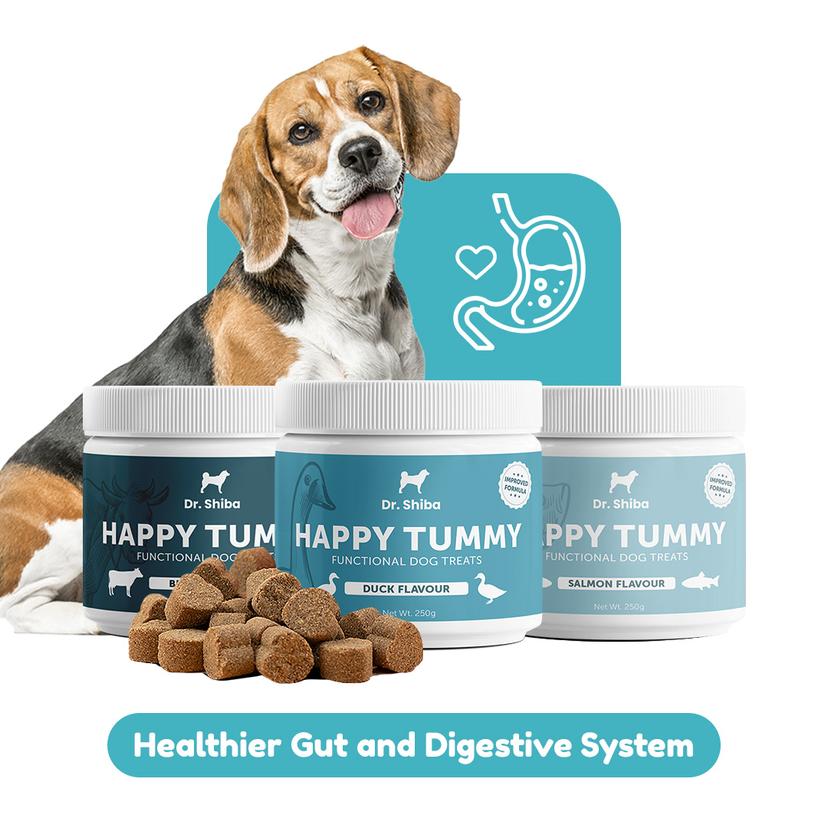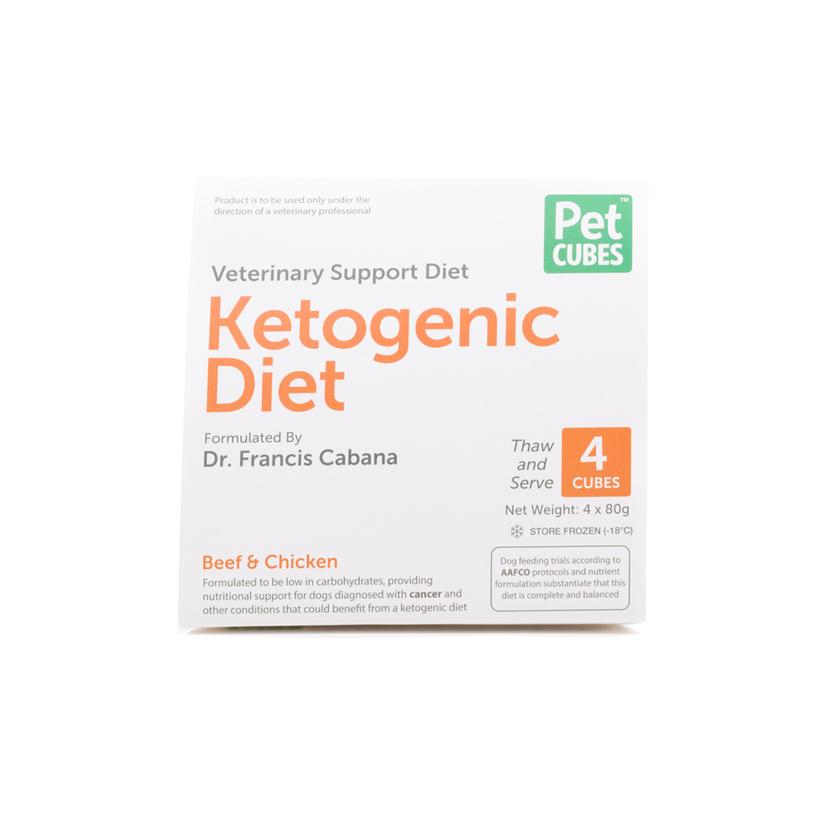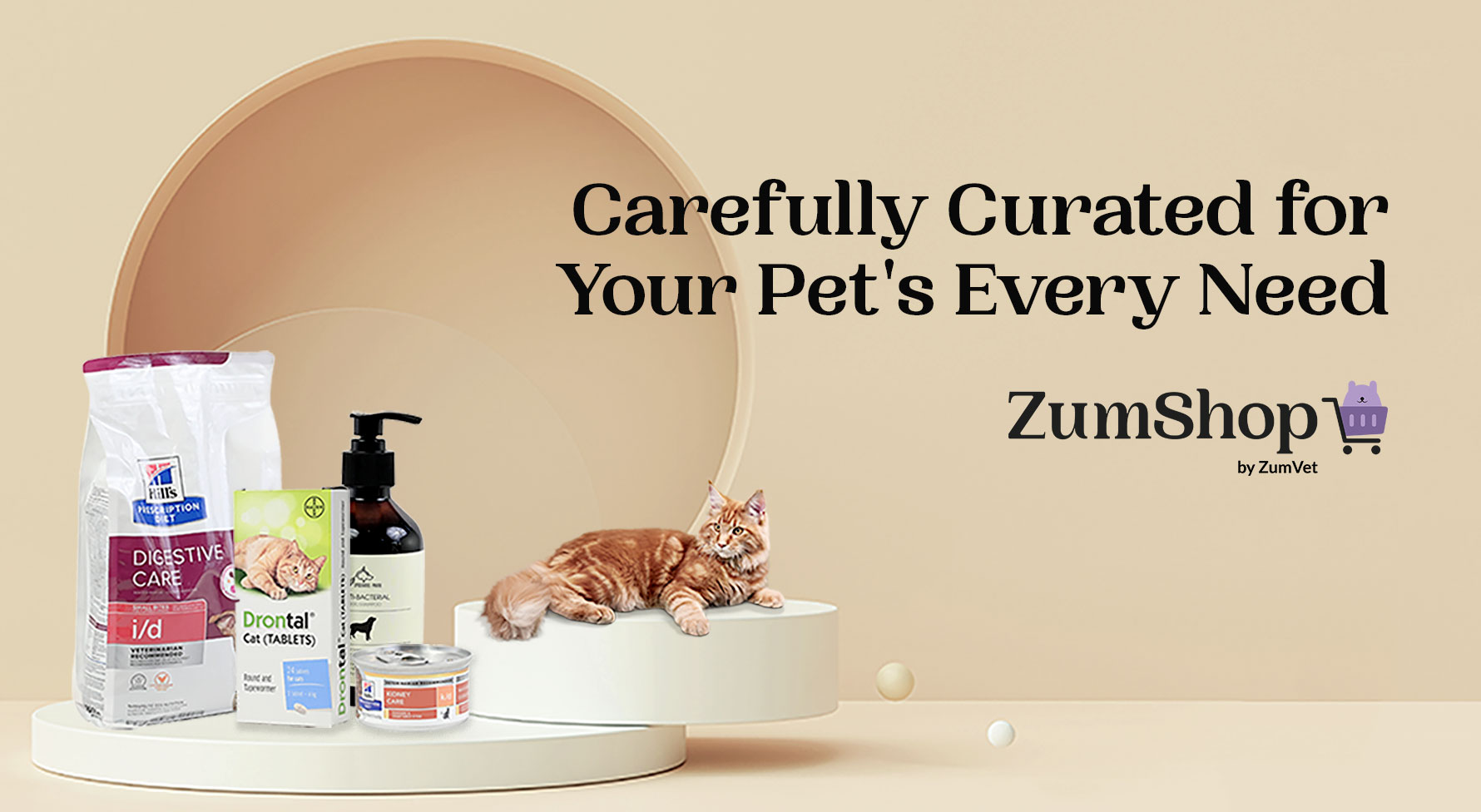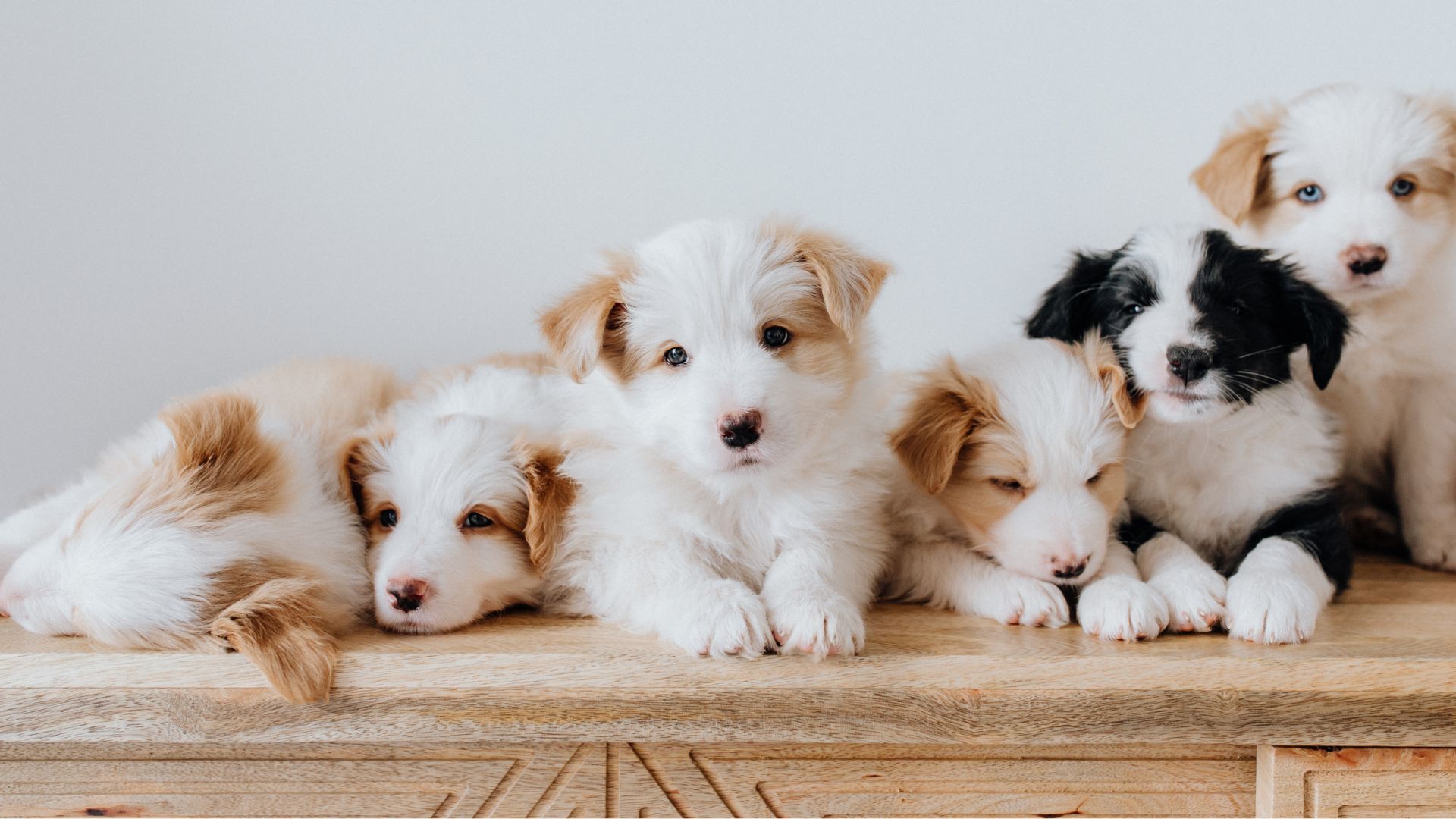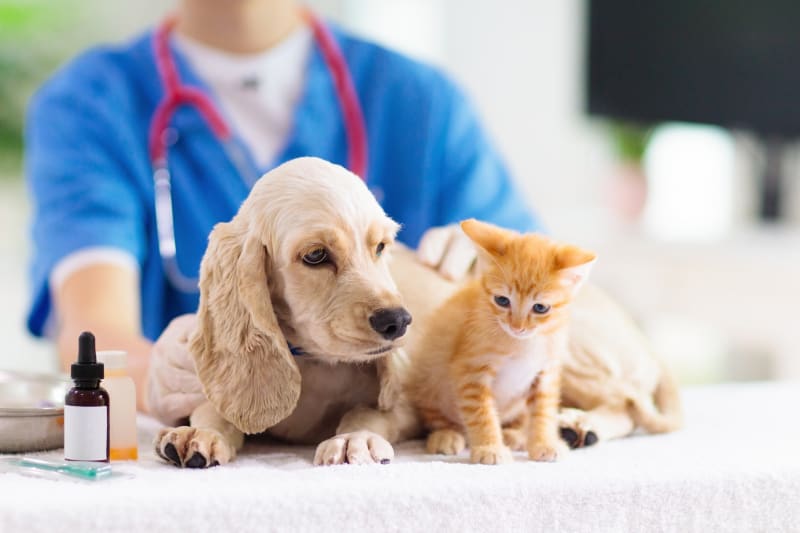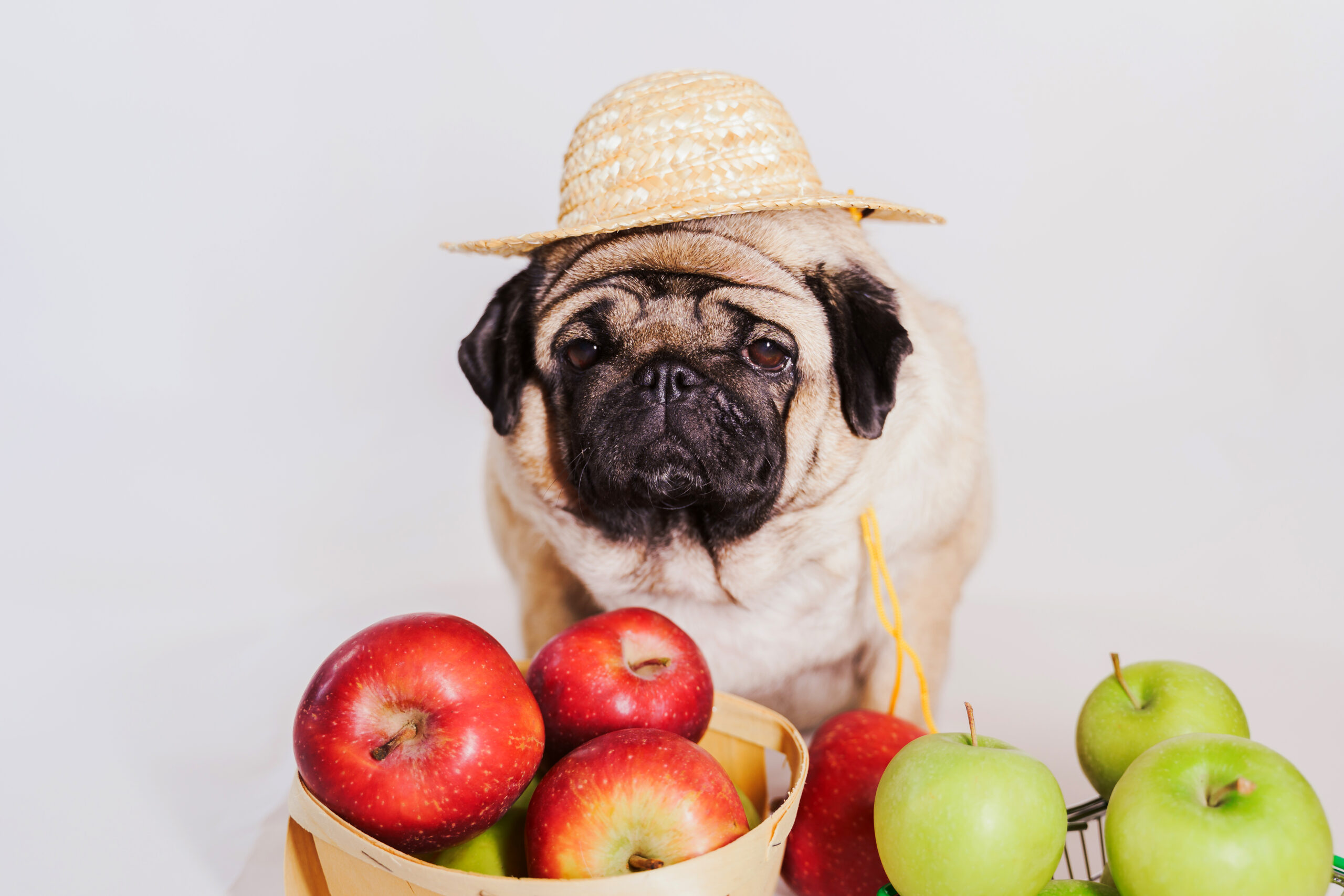At a time where companionship is treasured, puppies can bring immense joy into our homes and lives. As a new owner, it can appear like there’s a never ending list of things to know and prepare. Here is our puppy care guide to prepare your companion’s first few months at home.
Puppy-proof your home
While young pups are a ball of joy, they really can explore their new world through chewing. To keep your puppy safe and to ensure that your home doesn’t end up in disarray, make sure electrical cords, open-lidded bins, or any chemicals (cleaning liquids, pesticides etc.) are well hidden away.
Give them time to settle into to its new environment
Your puppy can be overwhelmed with leaving where it was used to. For your puppy to familiarise itself with its surroundings, remember to limit visitors in the first week and prepare members of the family, especially children, to create a tame environment. Before getting a comfortable dog bed with a washable cover – use a crate to begin with especially because they like to bite early. Ensure that its resting spot is in a quiet place within the house so that they feel secure and at ease.
Bring your pup to the vet as soon as possible, and frequently
Make sure your dog is fully vaccinated for their protection, and promptly too – certain vaccinations have to be taken when your puppy is at a certain age so don’t miss out on the window of time. Deworming is also essential to reduce parasites and to prevent diseases from elsewhere. With COVID-19, it may be difficult to visit the vet in person, but there are plenty of telehealth options such as services such as our own to help you address your pet’s health concerns.
Potty train by setting boundaries – but don’t be too harsh
One of the biggest challenges you expect is training your dog to where they do their business. Rewarding them with small treats at the desired toilet spot outdoors (i.e. positive reinforcement), would be more effective than punishment. As an owner, you should also anticipate when they need to go after eating, sleeping, and exercising by establishing a routine (e.g. every 2 hours). Don’t forget to factor in night time potty breaks too – for younger pups, take them out once or twice through the night. To prevent your dog from going back to the same place they made a mistake in the home, clean up using an odor-neutralising product within the home.
Nourish them with the right food and the right amount
Ask the breeder or shelter what food your puppy was fed initially – it’s worth getting your hands on the same food to prevent your puppy’s stomach from being upset from the beginning by spacing it out and introducing new food within two weeks.
Get plentiful stainless steel bowls (they’re easy to wash), for food and water separately. Depending on how big they are, you’ll have to space out how often you put out food for them. How often should you feed your puppy? The recommended feeding schedules for new puppies are 4 times daily between 8-12 weeks, 3 times daily for 3-6 months, and twice daily for 6-12 months.
It’s tempting to feed them whenever you feel like it, but remember to refrain from dishing out the food too freely to prevent them from getting overweight to prevent health problems down the line. Another point to consider is a balance between wet and dry food. Remember if they are really young, wet food can be more palatable, while as they grow dry food can help them train their teeth!
Stay tuned for Part 2!


